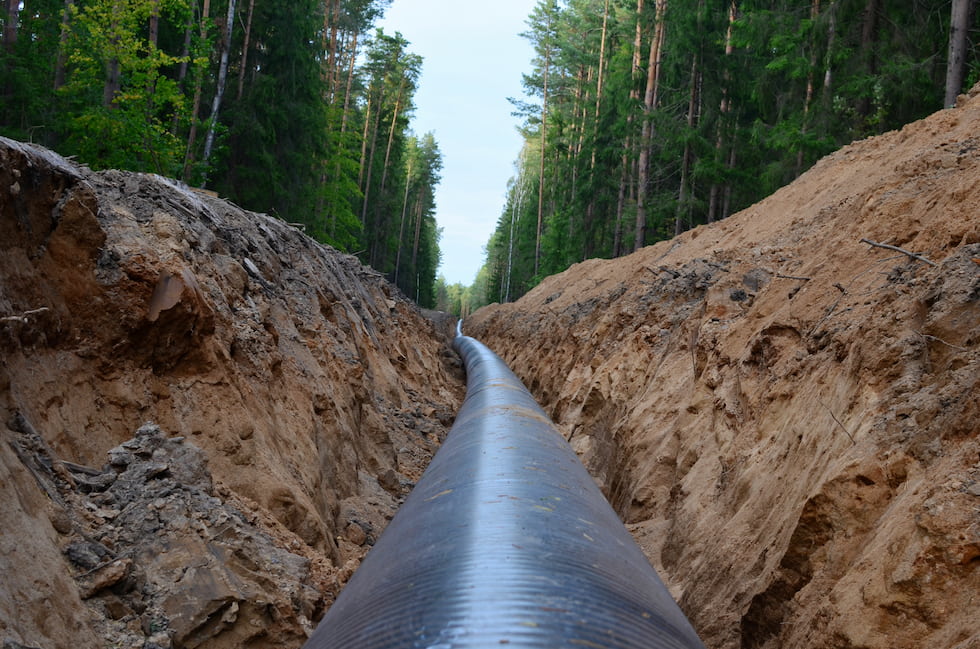
The $8 billion Atlantic Coast Pipeline, a natural gas pipeline project, was canceled earlier in July because a long delay to clear legal hurdles caused the project to become too costly, according to multiple media reports such as Reuters and The Washington Post.
The pipeline was projected to run across the states of West Virginia, Virginia and North Carolina.
The two energy companies, Dominion Energy and Duke Energy Corporation, ended their six-year bid to build the proposed 600-mile pipeline. The U.S. Supreme Court gave the federal government authority to grant the natural gas pipeline to cross under the Appalachian Trail in Virginia, but the cost did not justify legal uncertainty, litigation risks and delays.
It could be a sign to come for large infrastructure projects.
“This announcement reflects the increasing legal uncertainty that overhangs large-scale energy and industrial infrastructure development in the United States,” a project statement read, quoting Dominion president and CEO Thomas Farrell and Duke CEO Lynn Good. The companies had already spent $3.4 billion on the project.
West Virginia leaders were disappointed that the companies ceased work on the project.
“The pipeline would have created good-paying construction and manufacturing jobs for hard-working West Virginians, reinvested in our energy markets increasing our domestic energy supply, and strengthened national security with reliable energy to key military installations,” said U.S. Sen. Joe Manchin III, the Democratic senator from West Virginia.
Economic benefits were also expected in Virginia, where the project was projected to produce 8,800 jobs and bring in $1.4 billion to the state’s economy.
Representatives from the environmental group Southern Environmental Law Center were pleased to see the companies stop the project, citing environmental concerns.
VirginiaMercury.com cited three things that caused the project to fail:
- a growing lack of faith in both Dominion and state government
- an increasing recognition of environmental injustice
- a legislative shift toward renewable energy that will allow Dominion to replace lucrative capital investments in natural gas with investments in wind, solar and storage
Farrell said that more investments could go away from natural gas and into renewables.
“That’s where we will be concentrating our capital investments over the next at least decade,” Farrell said. “It’s tens and tens and tens and tens of billions of dollars over the next decade.”

